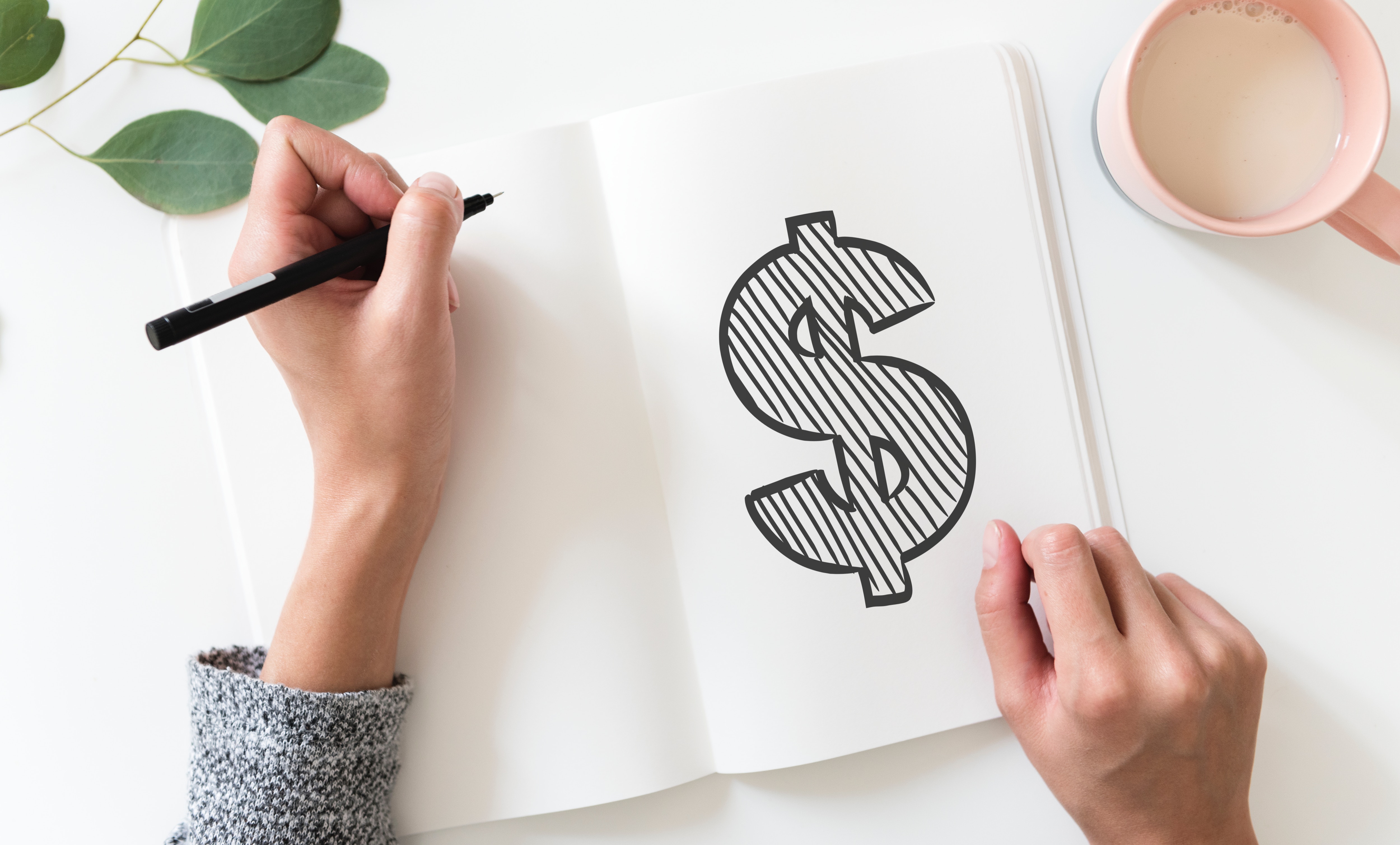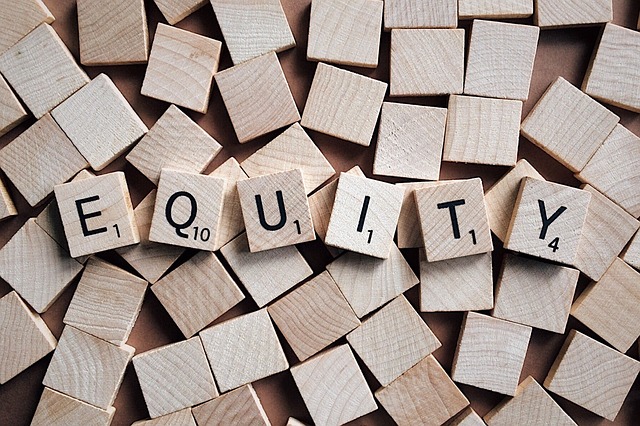3 Positive Reasons To Get A 15-Year Mortgage
 Most people can’t pay for a home outright, so they finance it with a mortgage loan. 30-year mortgages are more conventional, but they also come with a significant interest price tag.
Most people can’t pay for a home outright, so they finance it with a mortgage loan. 30-year mortgages are more conventional, but they also come with a significant interest price tag.
People who have a stable career and the income to afford larger payments, or who are nearing retirement, may want to take out a 15-year mortgage. Here are some reasons to consider one.
Save Money Over The Life Of The Loan
The total interest paid on a 30-year loan can be nearly as much as the principal. While it can be difficult to see the bigger picture when facing a mortgage payment that will be a good bit higher, consider this: Paying off a loan in 15 years versus 30 years will save tens of thousands of dollars in interest, and in some cases, as much as $100,000.
Interest rates on 15-year mortgages are also typically lower than other longer-term home loans, which provides additional mortgage interest savings.
Build Equity Faster
Equity refers to how much of your home you’ve already paid for plus what it appreciates in additional value over time. If your home is worth $250,000 and you owe $190,000 on your loan, you have $60,000 in equity.
Since more money is going toward the loan principal rather than interest on a 15-year loan, you build equity faster, which is beneficial for numerous reasons. It lowers your loan-to-value ratio and may improve your chances of getting a home equity loan, which can be used for large expenses.
Become Mortgage-Free Sooner
Instead of having a housing payment later in life, that money is freed up for retirement or other expenses.
If retirement is on the horizon for you in the next 10-20 years, ditching your mortgage payment sooner rather than later is wise. Once you are on a limited income, you will want as few expenses as possible. Plus, having the option of a home equity loan for emergencies is attractive.
There are several excellent reasons to get a 15-year mortgage. Run the numbers with your trusted home mortgage advisor and decide what makes the most sense for you.

 A reverse mortgage is a way to use the equity value that built up in a home to improve the quality of life for those who have appropriate circumstances when they reach the retirement age of 62 or older. With a reverse mortgage, a person continues to live in their own home and retains the title to it but does not have to make any monthly reverse mortgage payments.
A reverse mortgage is a way to use the equity value that built up in a home to improve the quality of life for those who have appropriate circumstances when they reach the retirement age of 62 or older. With a reverse mortgage, a person continues to live in their own home and retains the title to it but does not have to make any monthly reverse mortgage payments. For many Americans, their home is their primary investment. The equity stored in your residence can be a source of available cash for home repairs, upgrades, or for financing the purchase of investment properties. However, few homeowners really understand the process that results in home equity.
For many Americans, their home is their primary investment. The equity stored in your residence can be a source of available cash for home repairs, upgrades, or for financing the purchase of investment properties. However, few homeowners really understand the process that results in home equity.